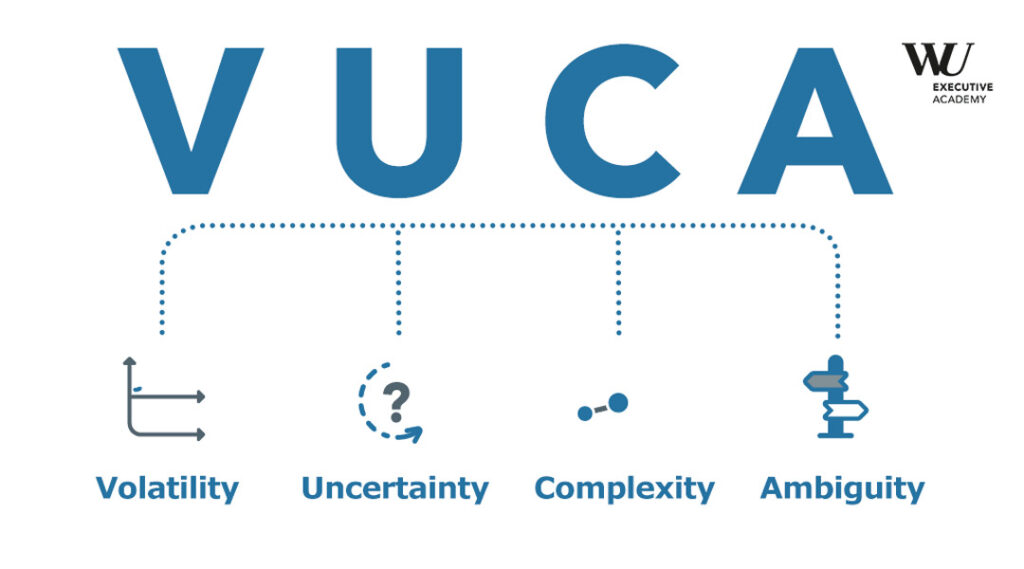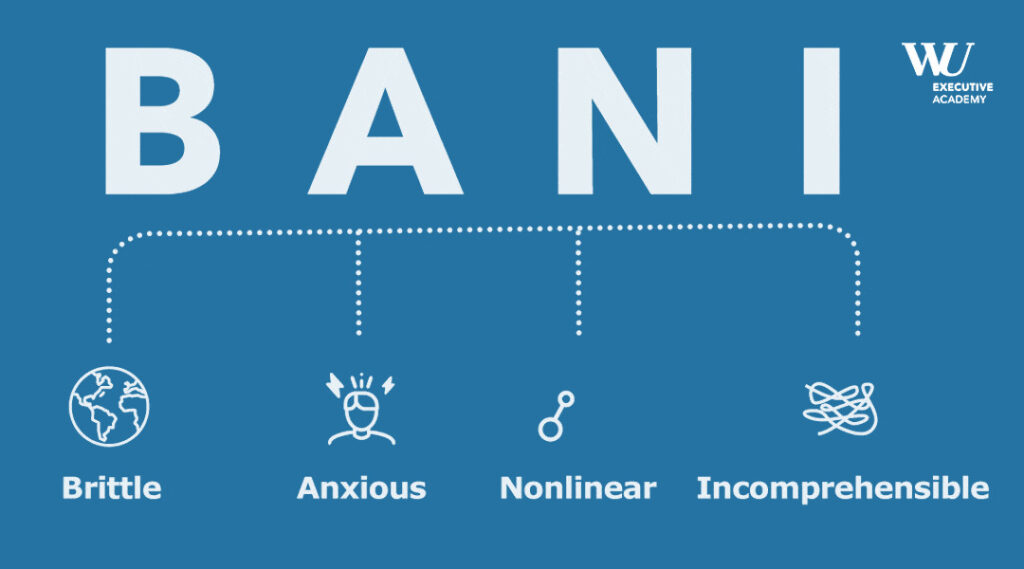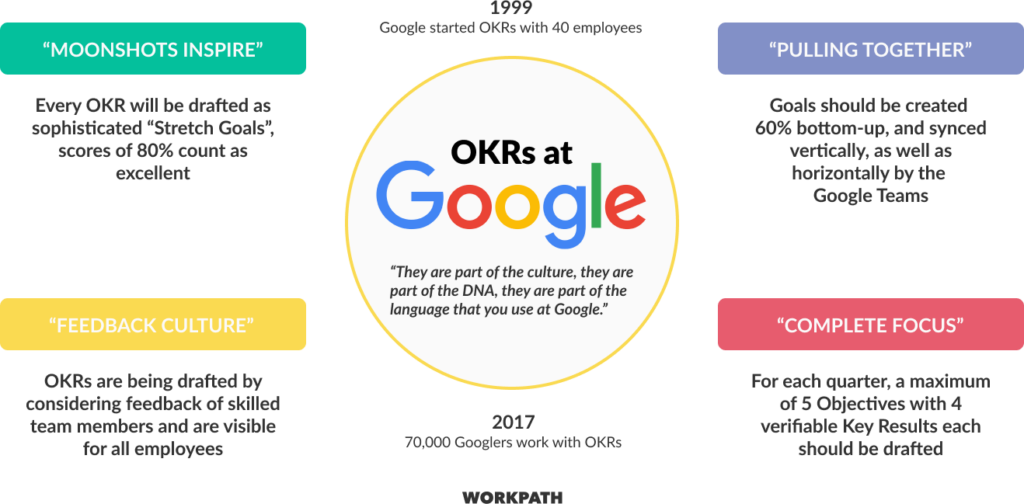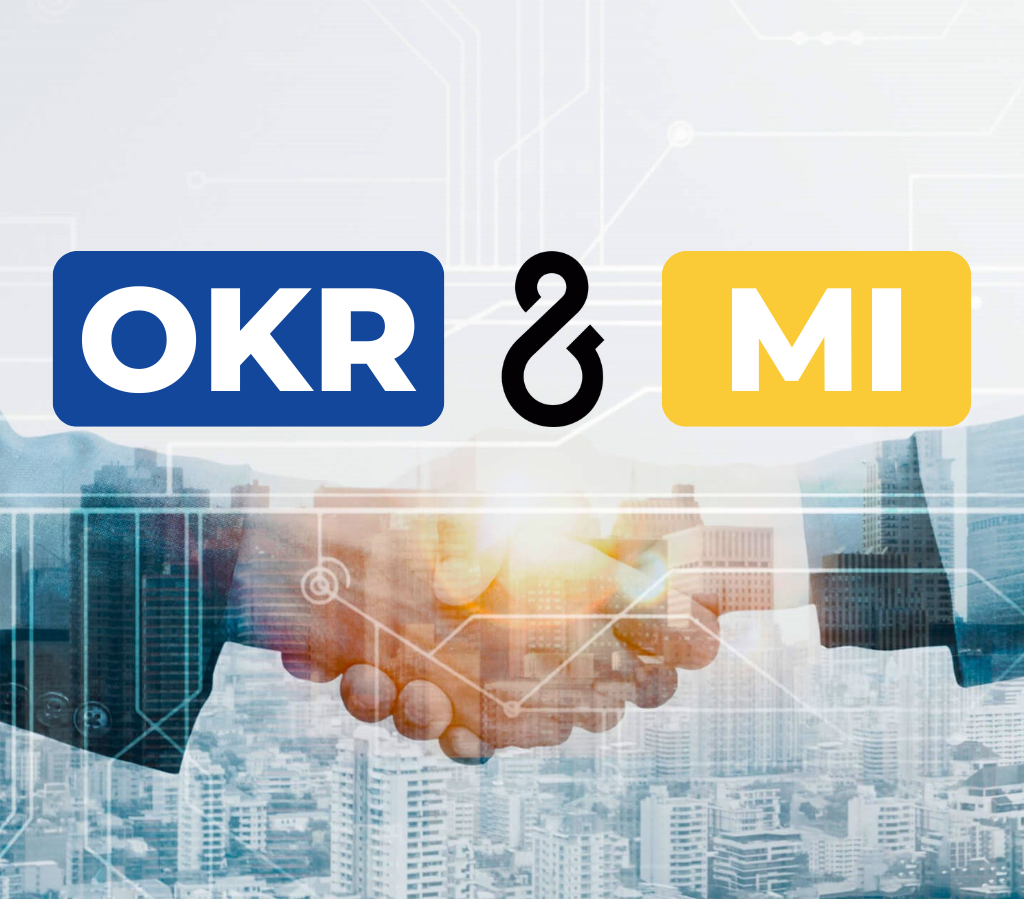According to the General Statistics Office’s report, in just April 2024, the whole country had an additional 15,300 newly registered businesses. In the ever-evolving landscape of startups, where thousands of new ventures emerge each year in Vietnam alone, a select few stand out, leaving an indelible mark on consumers’ mind and hearts. Ever wondered why, out of the thousands of startups launched each year, only a few achieve phenomenal success? What’s their secret sauce? Is there a magic formula that helps these young businesses overcome countless challenges and reach incredible milestones?
The answer lies in a “secret weapon” called OKRs for startups. Nope, it’s not a superpower or some fancy tech jargon. OKRs stands for Objectives and Key Results – a goal-setting frameworkadopted by numerous industry giants such as Google, Intel, LinkedIn, Twitter, Spotify, Airbnb, and over 53% of tech startups worldwide (as per Weekdone’s 2021 survey). So, what’s so special about OKRs for startups that they’re all the high rage? And why is it gaining popularity among startups?
OKRs: Your Startup’s North Star
OKRs are more than just a goal management tool; they’re like a trusty compass, guiding your startup and focusing your resources on what truly matters most.
Transparency and Focus: With OKR, every team member understands the company’s overall goals, as well as the specific objectives of each department and individual. This ensures that everyone is working in the same direction, avoiding wasted time and effort on tasks that aren’t essential or aligned with the common goal. Each person clearly comprehends their role and responsibilities in contributing to their unit’s and the company’s success.
Continuous Measurement and Improvement: Applying OKR to a startup means focusing only on key results that are measurable. These results are crucial, like ensuring positive cash flow. This allows startups to determine the necessary work’s effectiveness, leading to timely improvement decisions. By monitoring and analysing outcomes, startups can identify strengths, weaknesses, and opportunities for improvement, thereby optimising operational efficiency. More importantly, they can avoid getting sidetracked by trendy or “seemingly interesting” metrics.
Adaptability and Agility: The startup market is highly dynamic, making adaptability and agility imperative. Within the ever-evolving landscape of the startup ecosystem, the need for agility and adaptability is paramount, particularly in the face of the modern economic landscape, which has evolved from VUCA (Volatility, Uncertainty, Complexity, Ambiguity) to the current paradigm of BANI (Brittle, Anxiety, Non-linearity, Incomprehensibility). OKR enables startups to recognise necessary shifts promptly and adapt swiftly to such changes by adjusting goals and plans flexibly. Rather than rigidly adhering to predefined 3-month or 6-month plans, OKR encourages adaptability, innovation, and a readiness to embrace unexpected situations.

Businesses need to stay flexible to adapt…

…the continuous changes and fluctuations from VUCA to BANI time
The Awesome Advantages of OKRs
OKRs not only make startups more efficient but also offer a bunch of other benefits:
Resource Optimisation: Startups often have limited financial, personnel, and time resources. OKR helps them identify and focus solely on the most critical objectives, thereby optimising resource utilisation. By prioritising crucial activities, startups can achieve more with fewer resources.
Enhanced Team Cohesion: When everyone works towards a shared goal, team spirit and cohesion are strengthened. OKR fosters an open work environment where individuals can share ideas, collaborate, and support one another to achieve common objectives.
Winning Investors’ Hearts: OKR showcases a startup’s professionalism, vision, and focus, significantly attracting and increasing investor interest. When investors witness a startup with a clear, transparent, and efficient goal management system, they become more confident in its potential for success, increasing the likelihood of investment.
Igniting Passion for Work: OKR helps each individual visualise their goals clearly, as well as the value and manner in which they contribute to the organisation’s overall success. This creates a powerful work motivation, enabling employees to feel driven and fulfilled in their roles.
Driving Innovation: OKR encourages creativity and exploration of novel solutions to achieve challenging “stretching” goals. By setting ambitious targets and encouraging employees to devise innovative ways to achieve 5x or 10x results, OKR maximises innovative thinking and propels exponential startup growth.
OKRs For Startups and Their Epic Success Stories
Many world-famous startups have adopted OKRs and achieved remarkable success. Google, Intel, LinkedIn… they’re all big fans of OKRs.
Google: OKRs helped Google grow exponentially from a small startup to one of the largest tech giants in the world. By setting ambitious goals and focusing on continuous measurement and improvement, Google has consistently innovated and evolved, becoming a symbol of success in the tech world.
Intel: OKRs helped Intel overcome numerous challenges and become the world’s leading chip manufacturer. OKRs enabled Intel to focus on developing high-quality products that meet market demands and outperform competitors.
LinkedIn: OKRs helped LinkedIn build a vast professional network with hundreds of millions of users. By setting clear goals for user numbers, engagement levels, and revenue, LinkedIn has grown continuously and become one of the largest professional social networks globally.

The “legendary” Google is one of the most influencing evidence of OKRs
How to Bring OKRs to Startups Successfully
Implementing OKRs for startups isn’t as complicated as you might think. Just try to follow these key steps:
Define Objectives: Start by setting specific, measurable, and inspiring objectives. For instance, instead of “Penetrate new markets,” aim to “Become the most preferred product in the new market by Q4 2024.”
Set Key Results:
Key Results are quantifiable metrics that measure progress towards achieving your Objectives. To measure the objective above, you might set Key Results such as “Achieve quarterly sales of £1 million,” “Attain a minimum Net Promoter Score (NPS) of 95,” or “Maintain a 0% return rate.”Align Individual and Cross-functional OKRs:
Ensure that individual and team OKRs contribute to the company’s overall objectives. This fosters a unified direction and synergy within the organisation. For example, the Key Result “Achieve quarterly sales of £1 million” would involve the Sales team, “Attain a minimum NPS of 95” would involve Sales and Customer Service, while “Maintain a 0% return rate” would primarily be the Product team’s responsibility.Regular Monitoring and Evaluation:
Periodically review progress towards Objectives and Key Results to make necessary adjustments. This enables timely identification and mitigation of potential issues and risks. Consider implementing a weekly 1:1 check-in for each team member to share updates, discuss challenges, and receive feedback from their direct manager. This allows management to assess progress and address any obstacles faced by team members in achieving their Key Results.Celebrate Success, Learn from Failures:
In the pursuit of your OKRs, don’t forget to celebrate small milestones along the way. Equally important is learning from setbacks and sharing insights from failures to foster continuous improvement. Success is a powerful motivator, and failure presents invaluable opportunities for growth.

OKRs could help individuals, teams, and organizations achieve fantastic successes.
OKRs Are A No Magic Wand, But They’re Close
While OKRs offer numerous benefits, they’re not a magic wand that solves every startup problem. For OKRs to be truly effective, you need a cohesive team that’s willing to collaborate and commit to shared goals. Additionally, you need a clear, transparent, and efficient workflow to support the implementation of OKRs.
So, are you ready to level up with OKRs? OKRs are a powerful goal management tool that can help your startup soar to new heights. Give OKRs a try and experience the difference for your startups! If you’re ready to take your startup to the next level, don’t hesitate to learn more about OKRs and implement them in your company. Here’s to your success!





